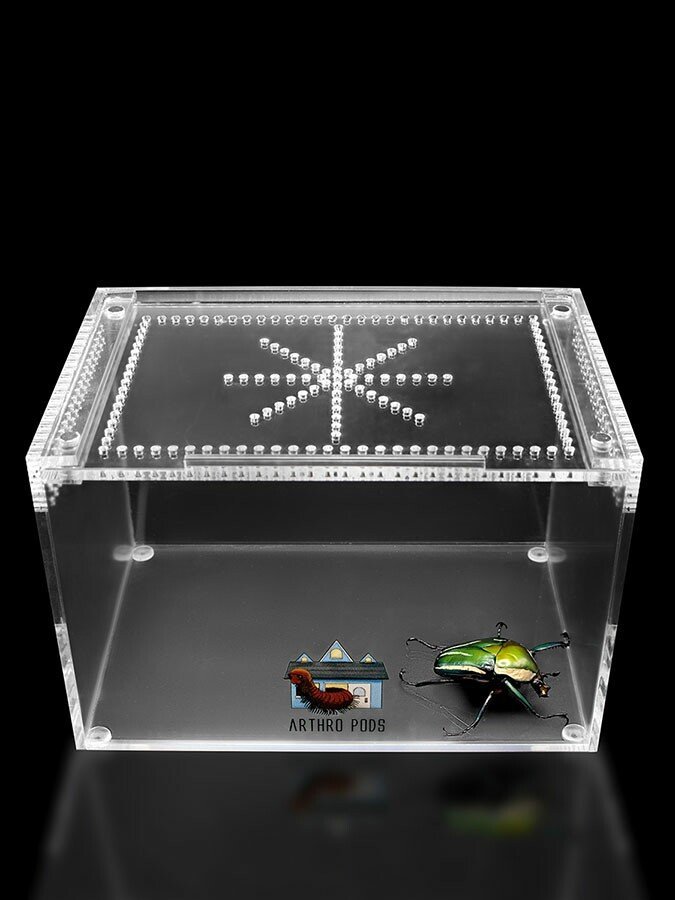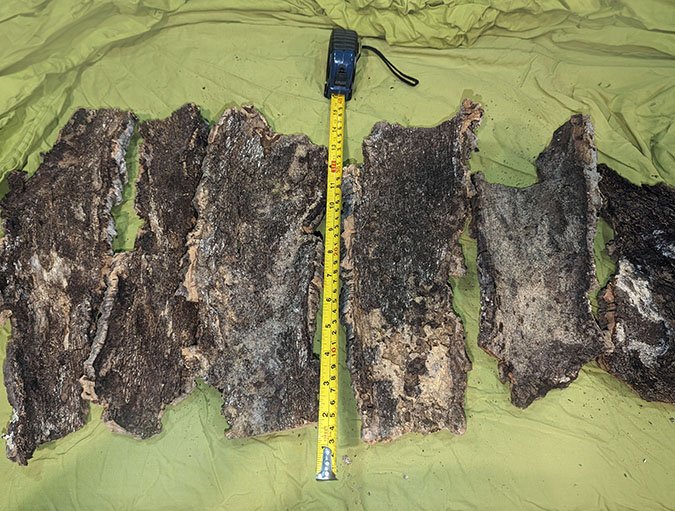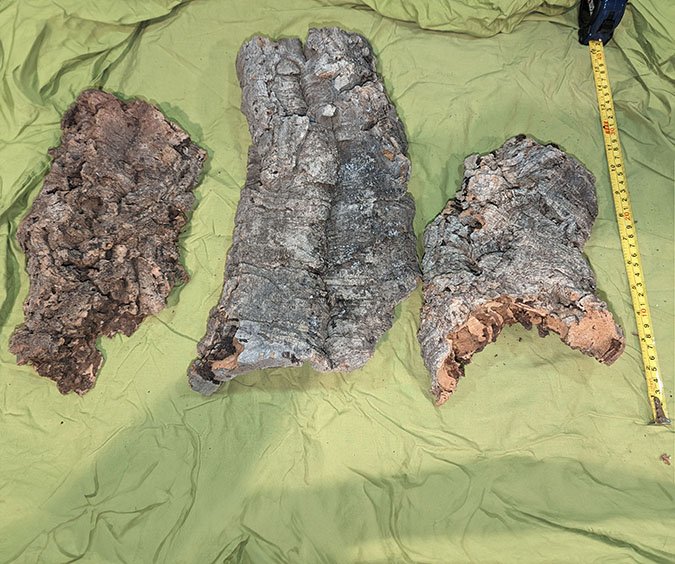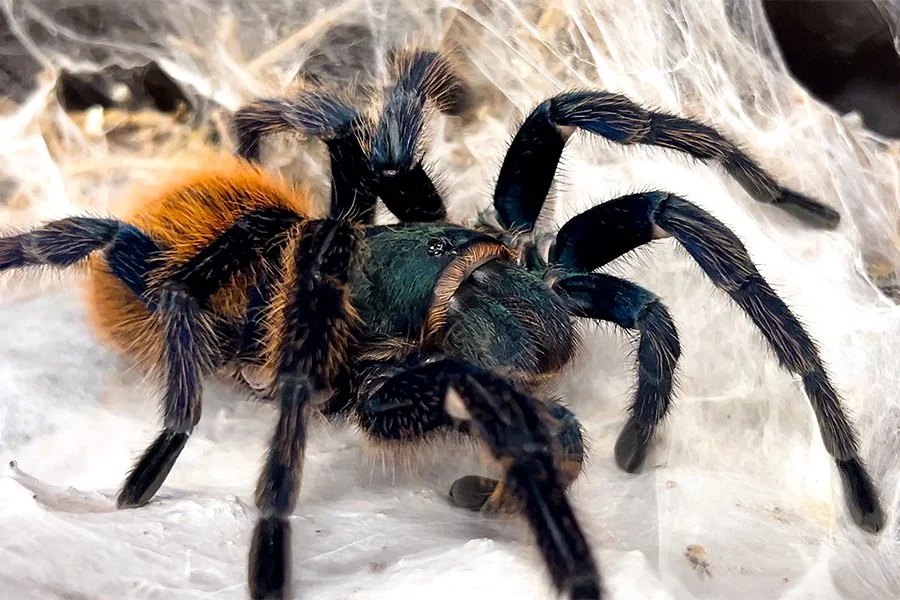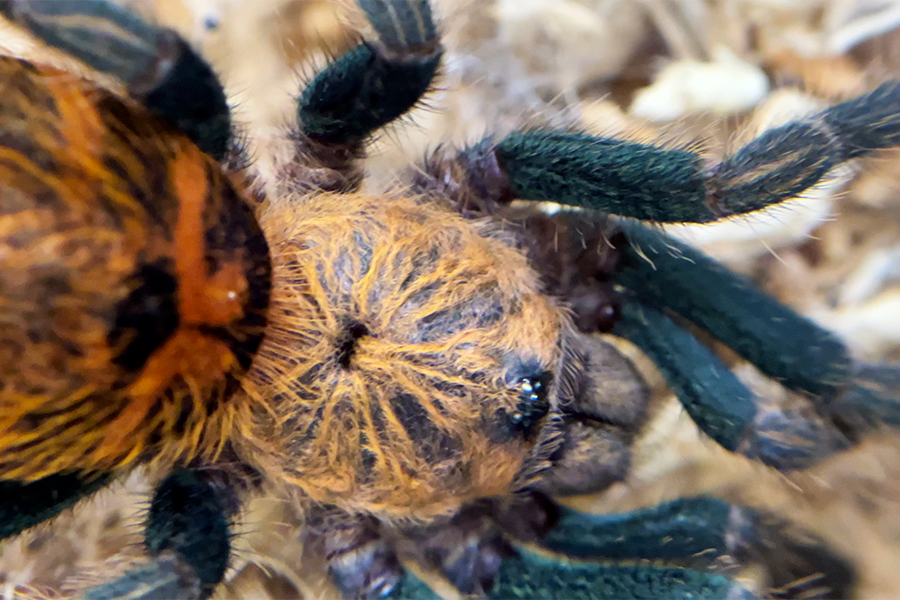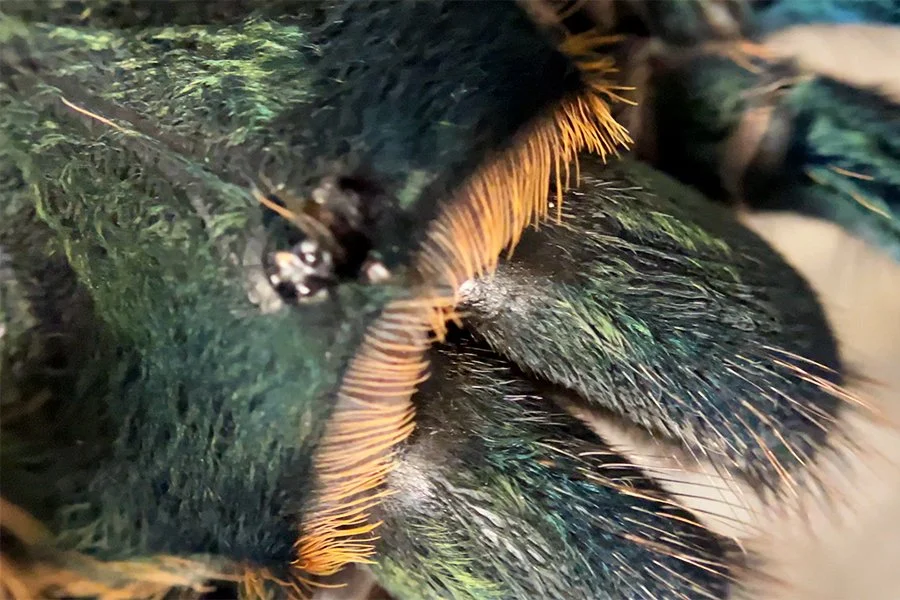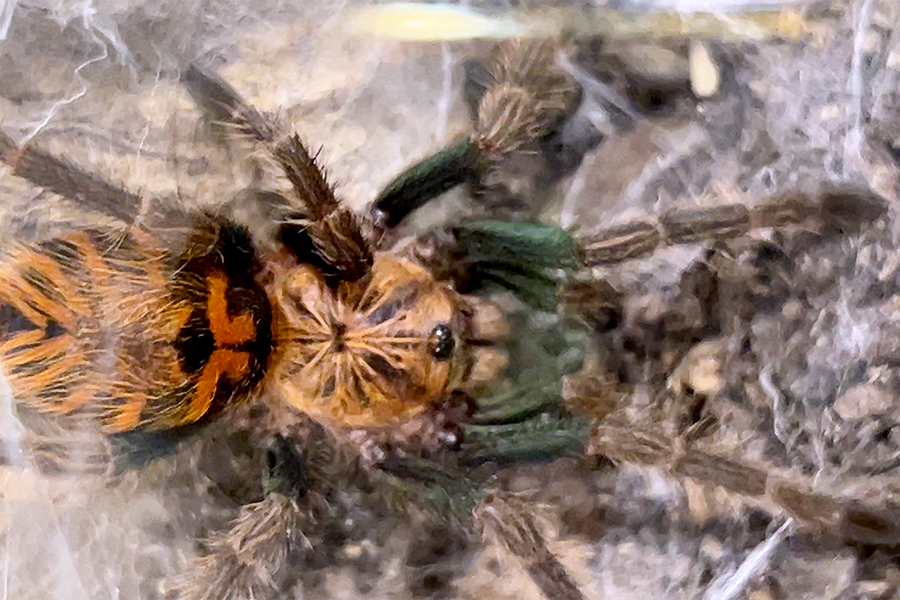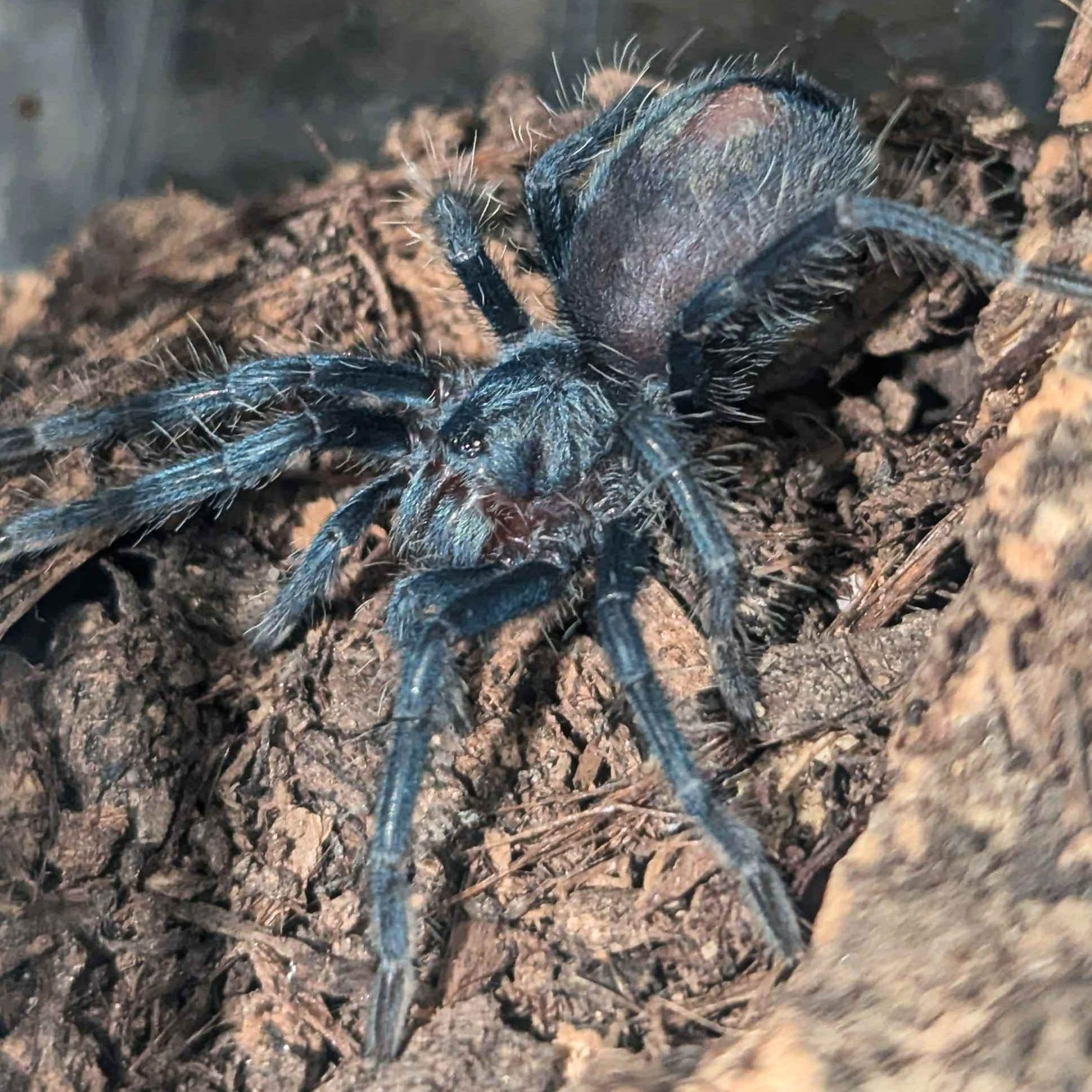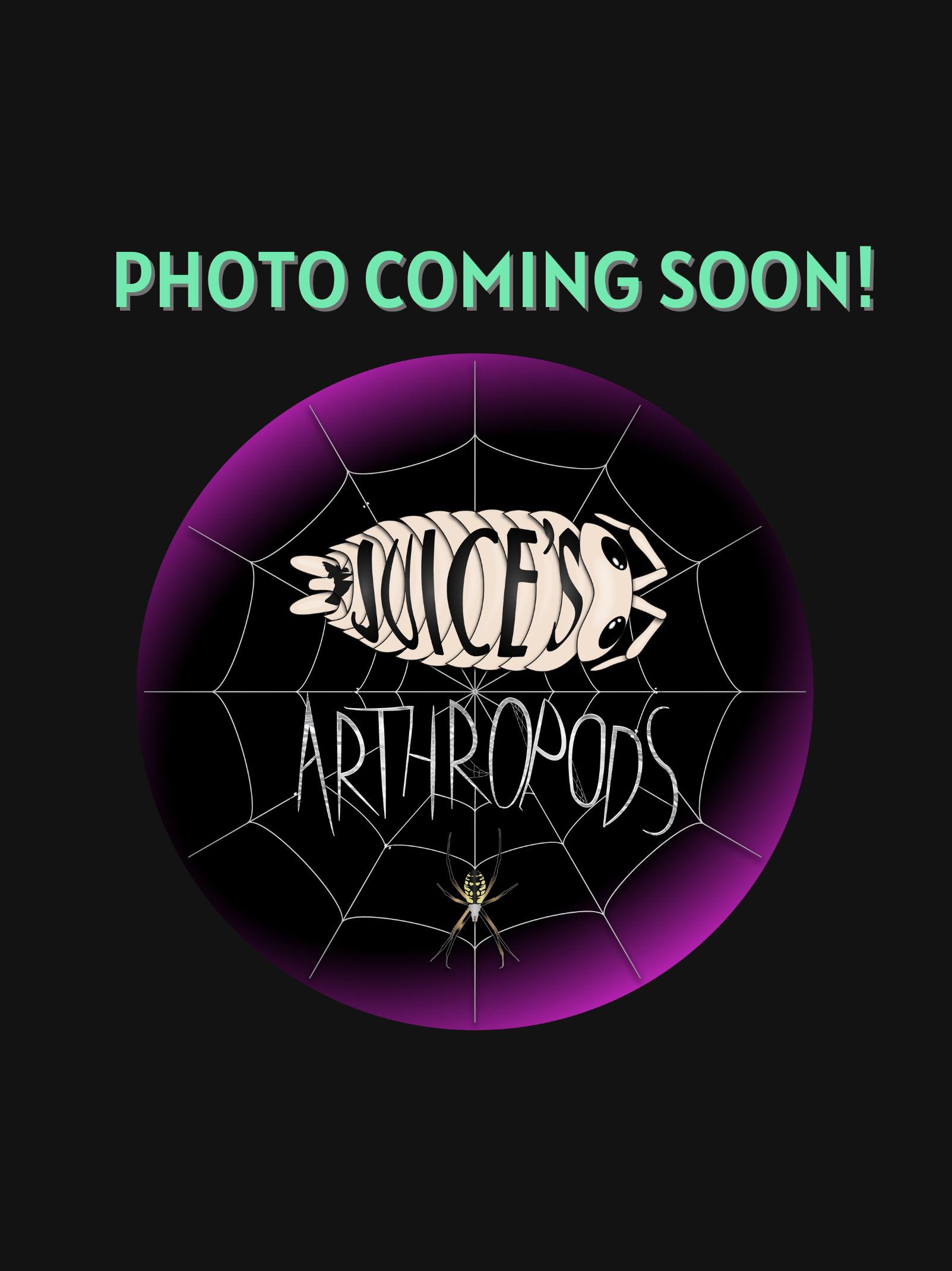What's the ideal diet for a Trinidad Olive Tarantula?
All Tarantulas can eat a variety of feeders. Stick to crickets, dubia roaches, silkworms, horned worms occasionally, and a superworm or mealworm as the occasional treat!
How should I keep a Trinidad Olive Tarantula?
We recommend starting with the Terrestrial Terrain small enclosure if under a ¼" -1.2" Spiderling (sling). When they are about 1" in size, you will want to upgrade to a medium or large Terrestrial Terrain enclosure. Feed them as slings once a week, twice if their opisthosoma (abdomen) looks small, but if the opisthosoma is wider than their prosoma (cephalothorax), then wait a couple of days to feed. For juveniles or adults, stick to feeding once a week, nothing larger than their opisthosoma. Make sure to keep a full water dish at all times; wider and deeper is fine. Your Tarantula can’t drown; they float on water.
How long could a Trinidad Olive Tarantula live?
Females are believed to only live around 7 years, and males do not exceed 2-3 years.
Photo courtesy of Wikipedia (CC BY-SA 2.5)





